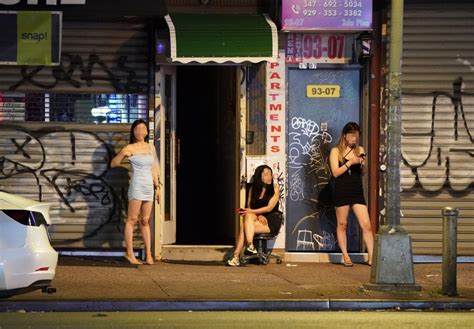Prostitutes Tanza

Mental health problems among female sex workers in low-income settings are often exacerbated by stigma, violence, and lack of access to healthcare. Prostitution in Tanzania is illegal but widespread. UNAIDS estimates there to be 155,450 prostitutes in the country. Many women and young girls are forced into the sex trade due to poverty, traffickers, or family pressure.
Challenges Faced by Prostitutes

Recent studies have shown that financial instability and lack of education contribute significantly to the prevalence of prostitution. The government has been criticized for its inconsistent approach, as some officials call for stricter enforcement of laws while others argue for decriminalization to improve working conditions. Gender-based violence remains a major issue, with many sex workers reporting physical and sexual abuse.
Efforts to Address the Issue

Efforts to address this include community-based programs and legal interventions, but progress has been slow. Heavy police crackdowns have led to widespread arrests, with over 500 sex workers detained in recent months. Activists argue that this approach only pushes the industry further underground, making it harder to protect vulnerable individuals.
Health Concerns and Support Needed
The spread of HIV and other sexually transmitted infections (STIs) remains a critical public health concern. While some progress has been made in providing access to HIV testing and treatment, many sex workers still lack adequate healthcare services. Research highlights the need for comprehensive support systems, including mental health services, education, and economic empowerment programs.
*TAGS* – Mental health stigma, Sex work legalization debate, Human rights advocacy